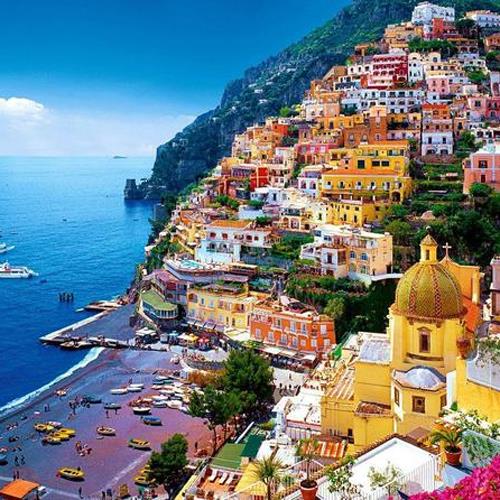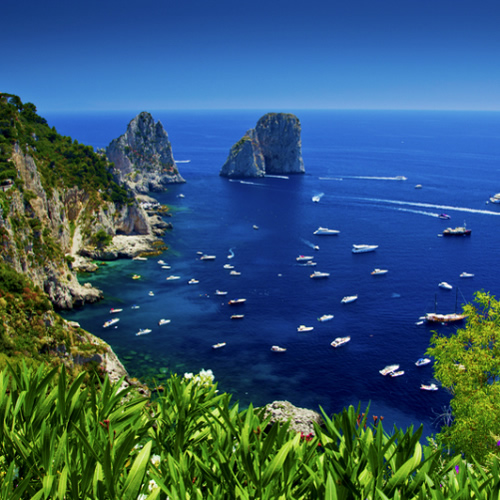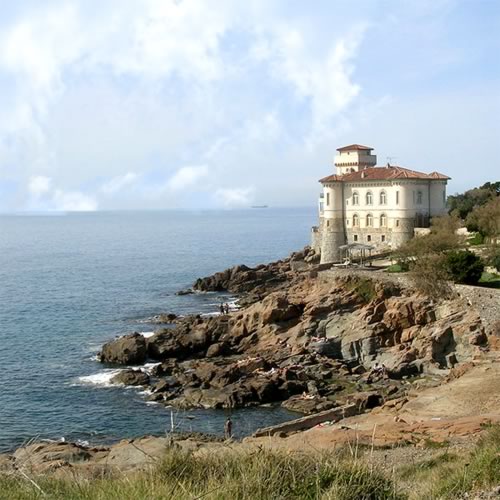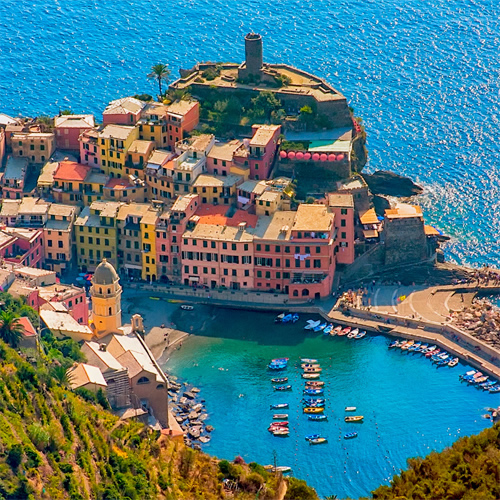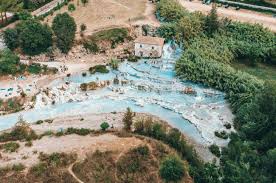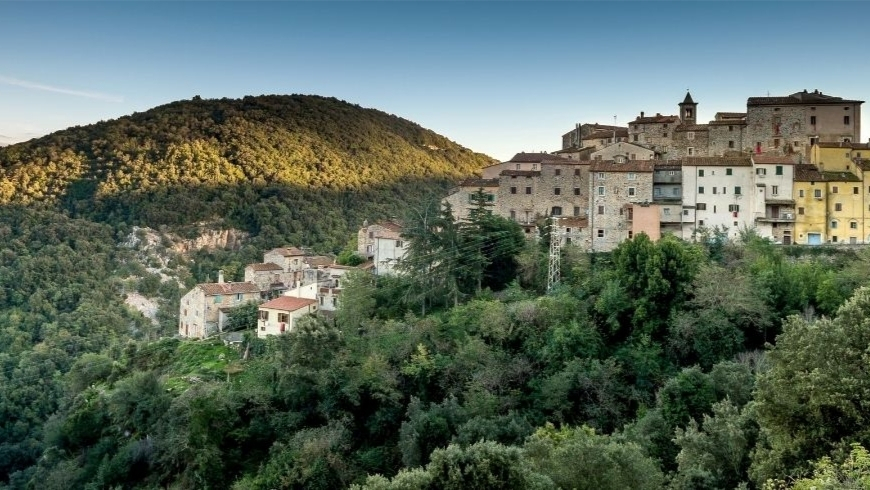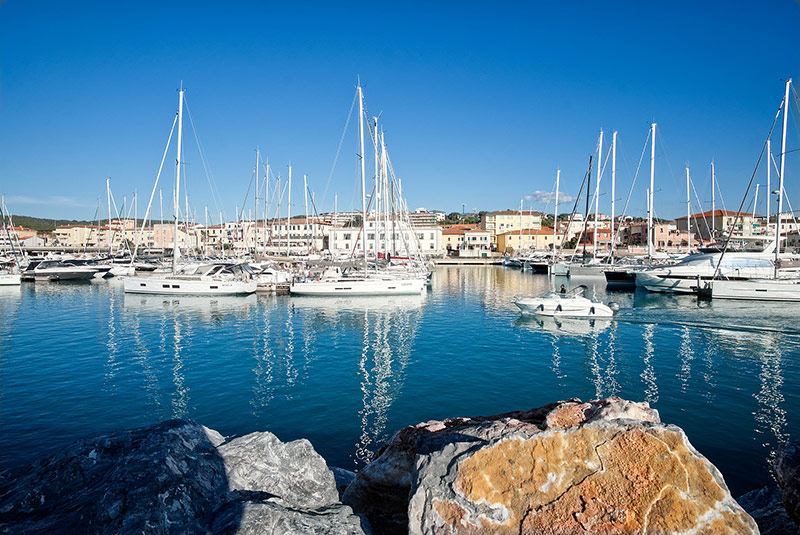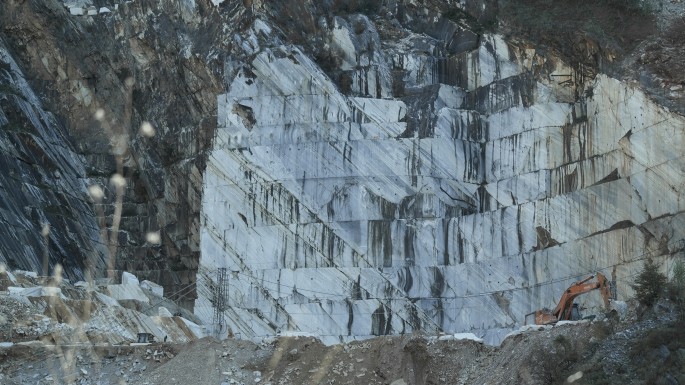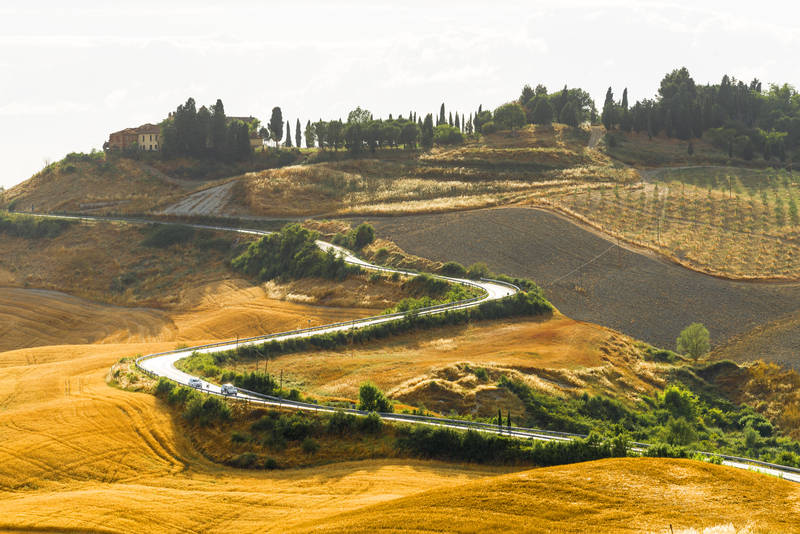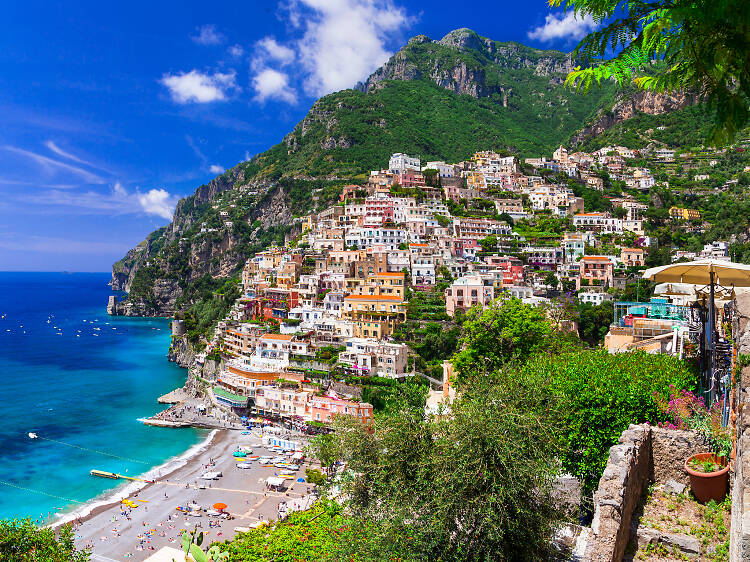The Calafuria Coast
A little slice of paradise
The Calafuria Coast, or Costa della Calafuria in Italian, is a stretch of seaside that forms the southernmost tip of Tuscany's coast. The region is named after its clear waters (the name comes from cala "bay" and furia "fury") and is characterized by a combination of sandy beaches, rocky cliffs and unspoiled nature.
Spectacular nature
The rocky coastline is backed by the lush vegetation of the Monti Livornesi Regional Park. In the distance, you can see Elba Island, Corsica and Sardinia. The area has a number of beaches which are accessible by boat or foot. The most famous of these are Bagni di Lucca, Versilia, Marina di Pisa, Tirrenia and Cecina.
The coast is home to many Mediterranean plants. In springtime, its pastures are covered with beautiful wildflowers. The Calafuria Coast is also home to a variety of animal species. On the coast, you can find seagulls, pigeons and peregrine falcons. The sea is rich in marine life too: octopuses live on the rocky bottoms and dolphins have been spotted in its waters. The coast is renowned for its seafood cuisine.
The land of ancient Etruscans
The Calafuria Coast is a rugged area also known for its historical towns. Livorno is one of Italy's most important port cities and Pisa was once an important naval base for the Republic of Pisa.
This area has been inhabited for thousands of years by various peoples. The oldest findings are from around 6500 BC and belong to the so-called "Villanovan culture", named after one of its main sites in Villanova d'Albenga, near Savona. As time passed, this culture disappeared, only to be replaced by another: the proto-Etruscan civilization that rose at the end of the Bronze Age.
There is a museum specializing in the Estucan era - the Museo Archeologico della Calafuria in the town of Doccia. The museum contains artifacts from the coastal area near Marina di Massa and a great collection of bronze statuettes and ceramic objects of the Etruscans.
